The primary goals of the Design thinking course is to teach the application of design thinking in peoples’ lives and to generate user-centric and innovative ideas to solve the problems. The purpose of the design thinking course is to make the practical use of design thinking in every stage of the problem. The design Thinking Course also helps people to initiate new work culture with a user-centric approach of 5 major stages of the problem-solving.
The process of Design Thinking Certification is basically divided into five stages. There is no perfect order for performing those methodologies. Empathize, Ideate, Define, Test, Prototype are the principal methodologies applied by design for while using Design thinking in practical cases.
| Steps | Tool 1 | Tool 2 | Tool 3 |
| Empathize | Zoom | Typeform | Creatlr |
| Ideate | Idea Flip | Session Lab | Storm board |
| Define | Userforge | Make My Persona | Smaply |
| Test | PingPong | UserTesting | HotJar |
| Prototype | Pop | Boords | MockingBird |
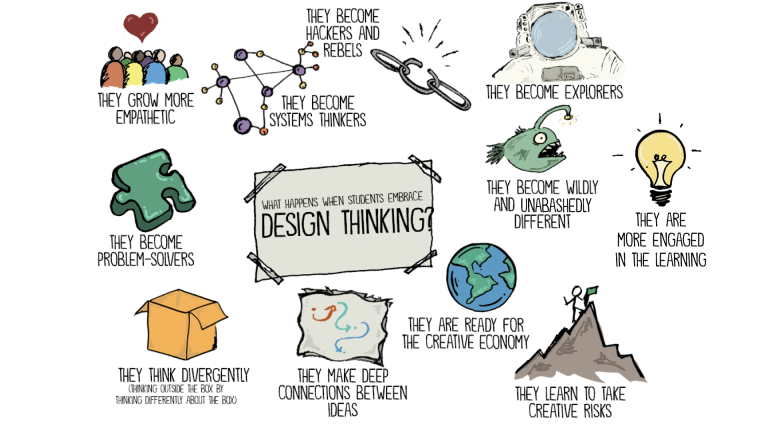
Design Thinking itself might look like a tool, but it is not that. The process of Design thinking is basically divided into five stages. There is no perfect order for performing those methodologies. Empathize, Ideate, Define, Test, Prototype are the principal methodologies applied by design for while using Design thinking in practical cases.
Module 1 — Introduction:
About design thinking and designers, design principles, design thinking methodology, and other associated frameworks
Module 2 — Design thinking strategy and capability:
Build design thinking strategy and capability (structure, culture, skills, process) in an organization to define the organization’s design journey
Module 3 — Explore:
Discover challenges, interpret through empathy study, understand various tools of empathy study and perform a risk assessment
Module 4 — Ideate:
Generate ideas, shortlist a workable solution, perform a risk assessment
Module 5 — Create:
Develop prototypes of a big idea, get feedback, perform financial analysis of the solution and risk assessment
Module 6 — Evolve:
Track success and scale the solution
Module 7 — Design for services:
Product vs services, service development, and experience lifecycle.
As the term Design thinking consists “Design” in it, doesn’t mean theta this is exclusively for the designers. Design thinking has its multiple uses in art, culture, literature, music, engineering and even in business. Then one must be curious about, then why design thinking is so special?
The most unique and noticeable part of the term or the concept is that it helps us to work systematically to innovate, learn, teach and also apply the human-centered techniques whole solving problems differently.
Most of the more prominent brands in the history including Apple, Google, Samsung and others have adopted the idea of Design Thinking, and the idea is also being taught worldwide in most of the renowned schools including Stanford and Harvard.
The use of Design thinking is multiple in the current scenario. Most of the businesses use the idea differently and mostly they have three to seven steps. However, whatever be the variant of Design Thinking, they are all the same in the core.
The majority of the organizations use the five steps of the process, which include Empathies, Define, Ideate, Prototype and test. Well, the five stages we talked about are not sequential all the time. There is no specific order for the same.
Design thinking is considered to be a powerful tool while solving various problems in multiple departments. A person with the Design Thinking job responsibility helps in keeping up the processes of an organizational track. The design team makes sure that they analyze and view the results of every step of the company process.
Employees, freelancers, designers and everybody can be trained with the process idea and can implement it further within an organization. It is a problem-solving approach which assesses the most known and collective aspects of problem-solving and also identifies more external factors to contribute towards the elements of the problem.
The Design Thinking certification course is ideal for individuals or organizations who need to improve the efficiency of businesses and industrial processes to bring our best products for their customers. The course is best suited for:
- Research and development leaders and managers
- Projects leads and managers
- Product managers and Product Analyst
- UI & UX Designer and Developers
- Agile coaches
- Sales and marketing professionals
- Business analysts
- Design and innovation enthusiasts/practitioners
- Professional designers
- Educators, Entrepreneurs & Consultants
- Anyone interested in learning about Design Thinking


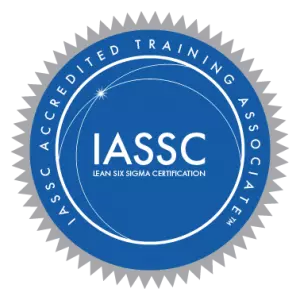
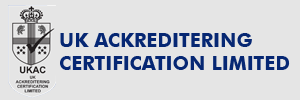



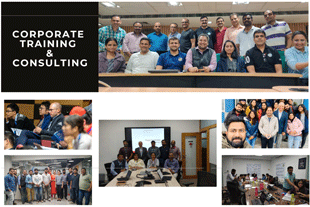
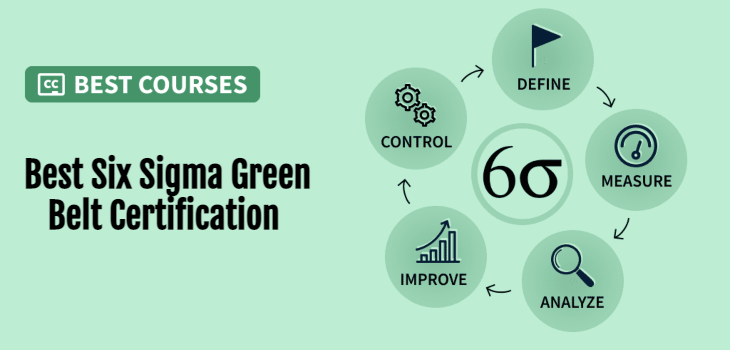








.jpg)

.webp)



















